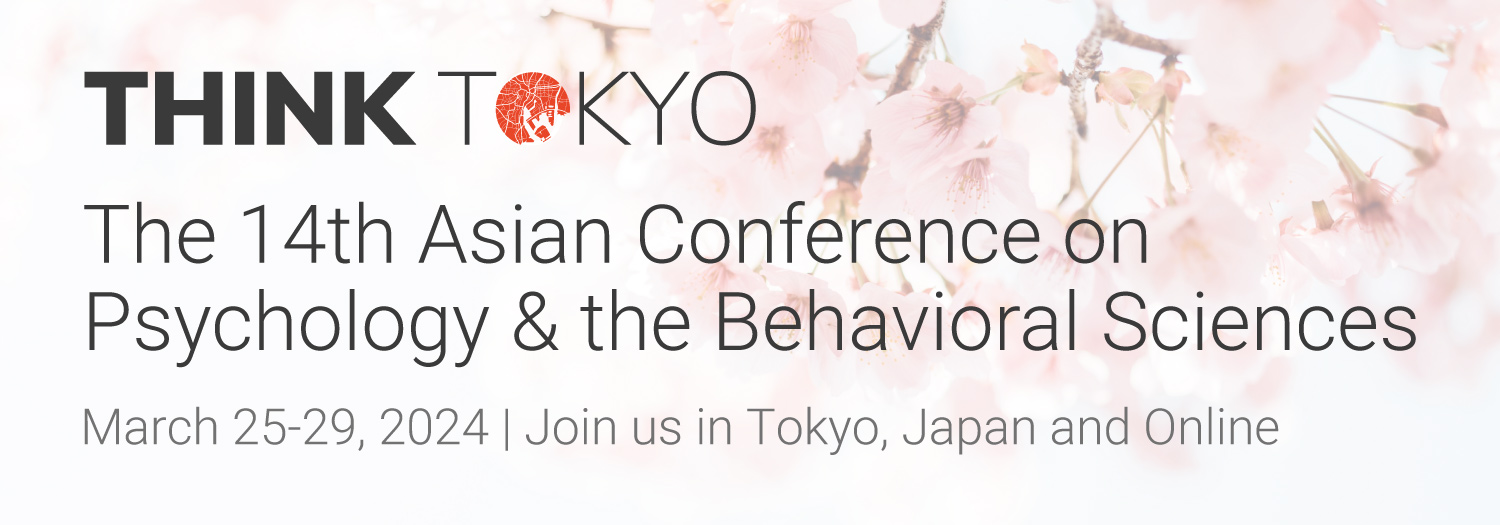Why Global Matters: Exploring U.S. Teacher Candidates’ Abilities of Intercultural Competence With Authentic Elementary Students in Asian Countries (74294)
Session Chair: Agnes Tang
Friday, 29 March 2024 13:30
Session: Session 3
Room: Room B (Live Stream)
Presentation Type: Live-Stream Presentation
Objectives:
Intercultural competence plays a crucial role for teacher candidates to represent their ability to teach elementary students in other countries. Research in the U.S. showed (Barnatt et al., 2020) U.S. teacher candidates with mono-cultural background assumed they are well-prepared and strongly confident to teach students in other countries. However, the research showed U.S. candidates have some cultural deficiency when they do student teaching in other countries. This study is to explore U.S. candidates’ ability to make transnational turns and their performance of their intercultural competence when doing student teaching in Asian countries.
Theoretical frame:
U.S. curriculum, under ideology development (Apply, 2005), about the change of cultural awareness, cultural immunization, and multicultural individuals (Fitzsimmons, et al., 2019), may mislead teacher candidates showed positive attitude in teaching minority with their “color blind” or “cultural bias” in their teaching behaviors (Darling-Hammond, 2015). The continued and growing short- and long-term international student teaching provide candidates’ authentic diversity experience through service learning (Lindahl et al., 2018).
Methodology:
U.S. teacher candidates participated in the international student teaching programs in elementary settings from 2018 to 2022 in Eastern Asia. Hermeneutic phenomenology, as a qualitative method, explores candidates’ cultural competence after their student teaching.
Findings:
Candidates experienced different meaning of “democracy” of education, which may limit candidates’ development of cultural competence. Candidates were limited by U.S. localized multicultural perspectives to extend their globalized cultural competence.
Conclusion:
U.S. teacher preparation programs have space to enhance candidates’ cultural competence from local to global in making transnational turns.
Authors:
Hsuehi Lo, St. Cloud State University, United States
Connect on Linkedin
https://orcid.org/0000-0003-0537-0601
Connect on ResearchGate
https://www.researchgate.net/profile/Hsuehi-Lo
See this presentation on the full schedule – Friday Schedule





Comments
Powered by WP LinkPress